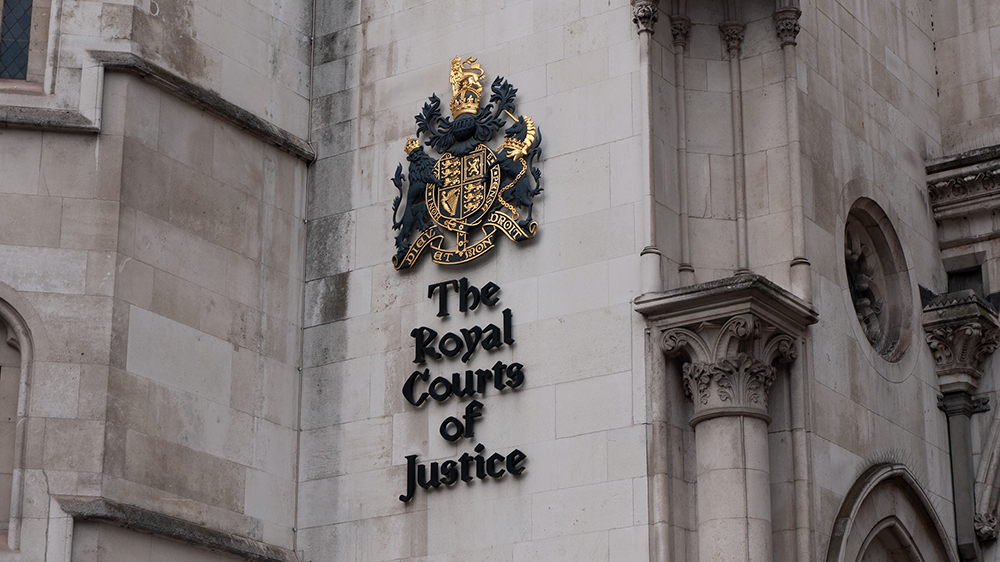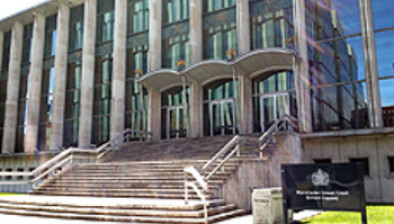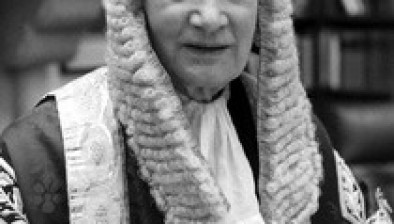England: Statue topplers cannot rely on human rights defence in court

Toppling statues is “violent” and protesters who take part in such acts cannot rely on human rights protections to avoid conviction, the Court of Appeal in England and Wales has ruled.
The court was asked to clarify the law following the acquittals of the ‘Colston Four’ in January, when Jake Skuse, 33, Rhian Graham, 30, Milo Ponsford, 26, and Sage Willoughby, 22, admitted participating in toppling the statue of 17th-century slave trader Edward Colston and throwing it in the River Avon during the 2020 Black Lives Matter protest.
The judge directed the jury that, before they could convict, they must be sure that doing so would be a “proportionate interference” – i.e. compatible – with the defendants’ rights to freedom of thought and to freedom of expression.
Irish barrister Blinne Ní Ghrálaigh, who defended Ms Graham in court, was featured as Lawyer of the Month in Irish Legal News in February.
In a judgment handed down this week, Lord Burnett of Maldon said: “The circumstances in which the statue was damaged did not involve peaceful protest. The toppling of the statute was violent. Moreover, the damage to the statue was significant.
“On both these bases we conclude that the prosecution was correct in its submission at the abuse hearing that the conduct in question fell outside the protection of the Convention.”
He added: “We emphasise that this is not to suggest that the defendants were in fact guilty of the offence of criminal damage. We have explained … that the jury was concerned with a range of defences.”
A spokesperson for the Attorney General’s office told The Guardian that it was “pleased the law has been clarified concerning the proper scope of certain defences to criminal damage charges arising from protests”.





